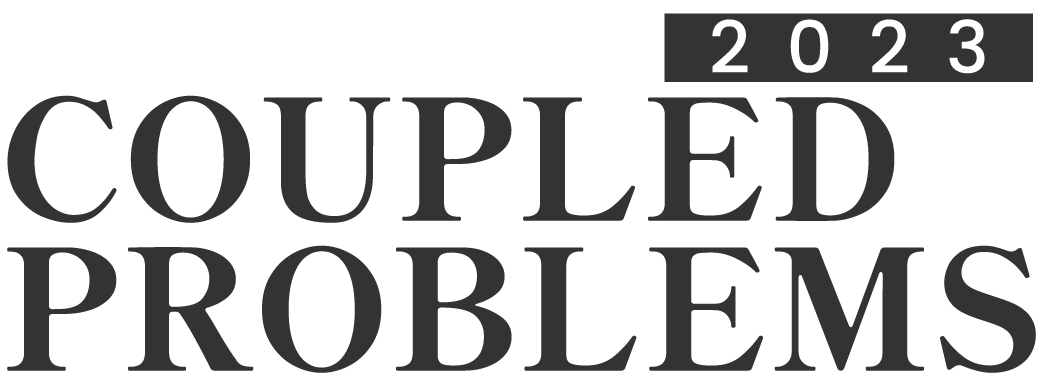

Fast semi-analytic sequential explicit coupling analysis of 3D planar hydraulic fracturing
Please login to view abstract download link
Hydraulic fracturing is a relevant issue in Geomechanics, especially when analysing hydrocarbon production activities and their physical phenomena. Several numerical, analytic, and semi-analytic methods have been developed to predict fluid-driven fracture propagation response. Traditional continuum-based numerical coupling methods, such as FEM or XFEM, allow the study of complex and realistic scenarios. However, they frequently require enormous computational effort, which is more evident in 3D modelling. On the other hand, most analytic solutions provide fast solutions but are limited to basic conditions, such as the analysis of the fracture domain only. In this context, semi-analytic methods are an alternative that can provide solutions faster than traditional numerical methods. In addition, those methods apply to more realistic scenarios than analytic solutions. This work proposes a sequential explicit two-way coupling methodology to analyse planar hydraulic fracture propagation in pressurized rock formations. The coupling methodology associates the Finite Element Method, used to solve the fluid flow problem, with the semi-analytical Displacement Discontinuity Method to solve the mechanical problem [1]. The proposed approach allows predicting fluid-driven fracture propagation in a planar domain considering arbitrary in-situ stress and fluid flow conditions into the surrounding porous medium. The numerical results are compared to asymptotic analytical and numerical solutions showing good accuracy and expressively lower computational cost than traditional numerical schemes.

